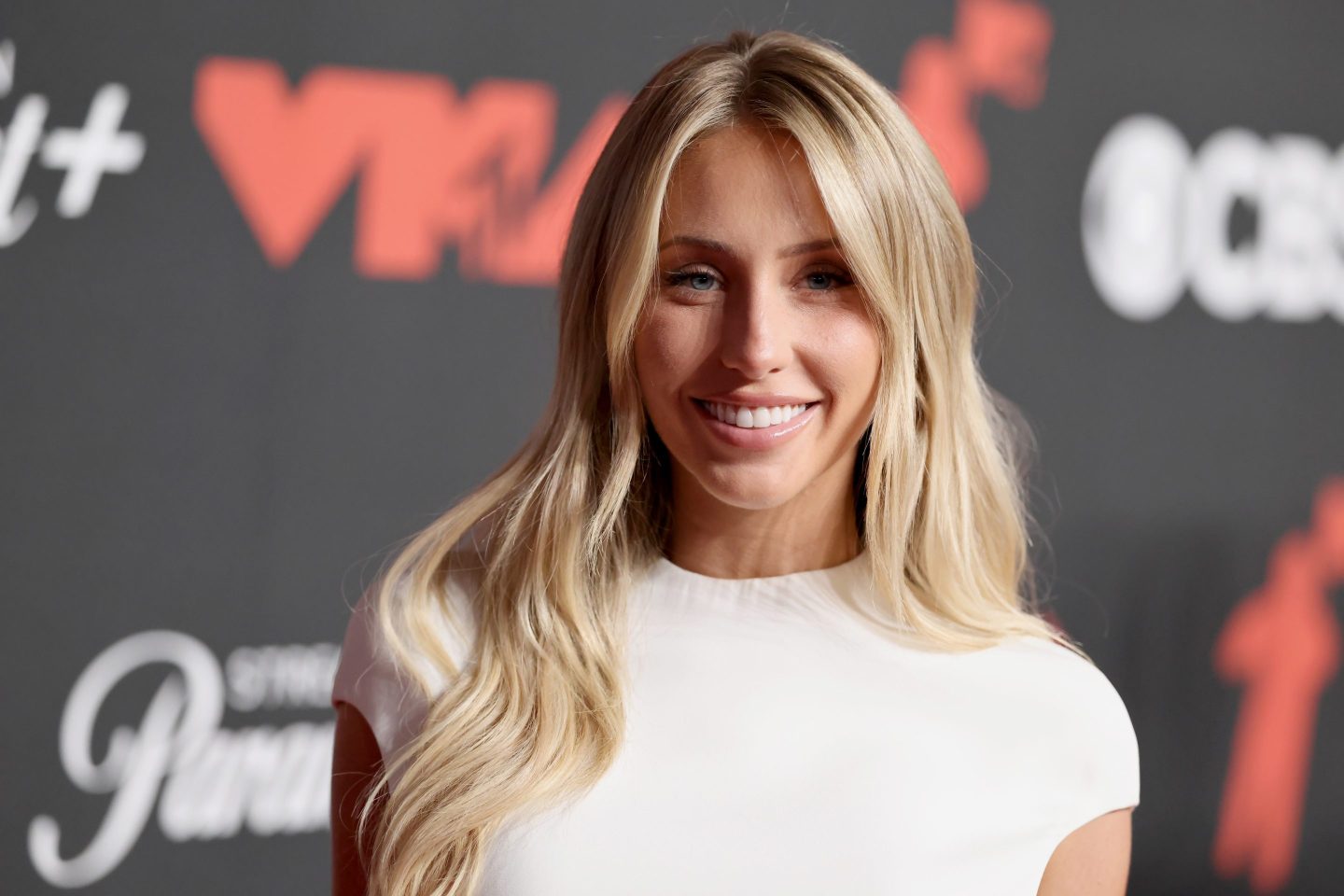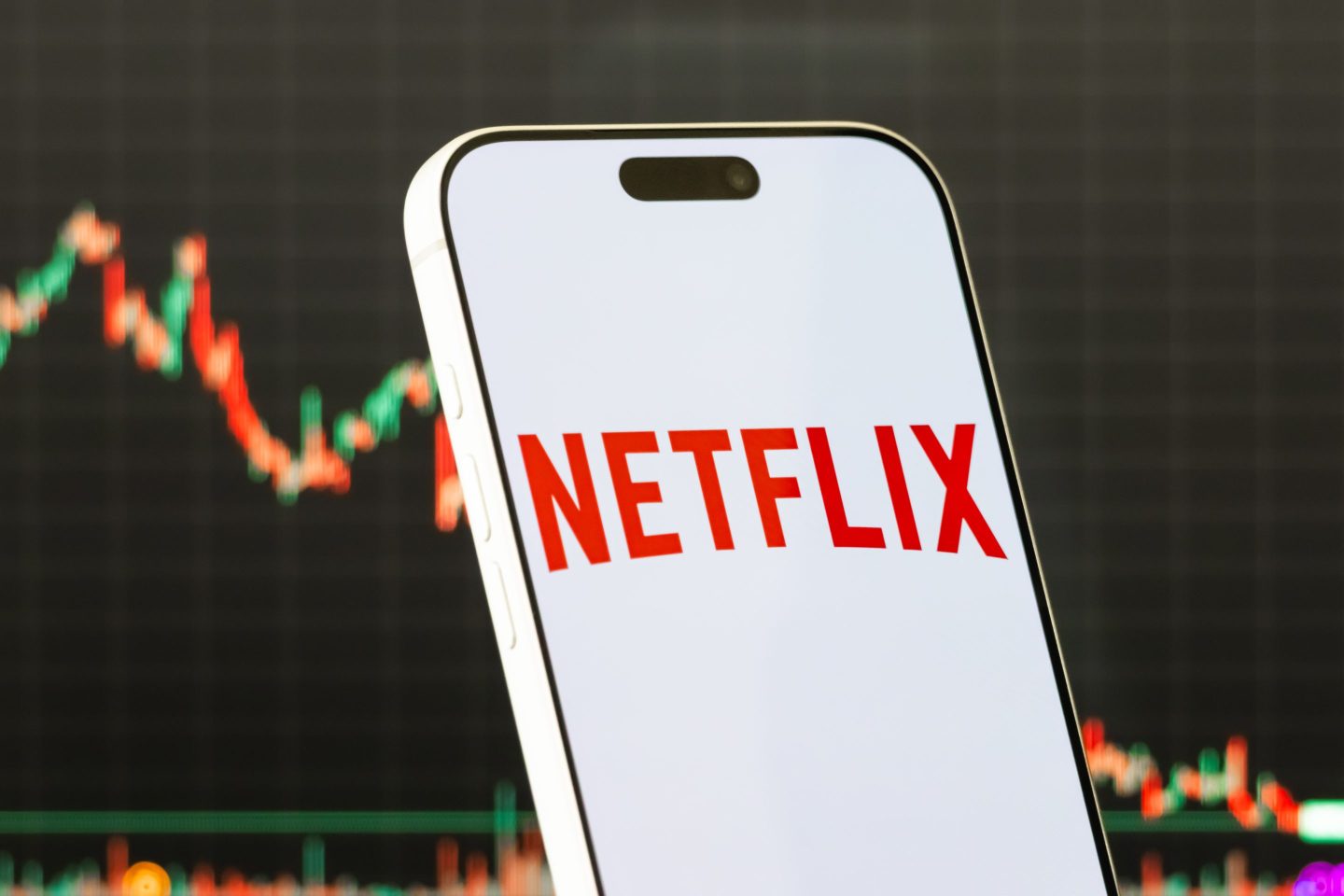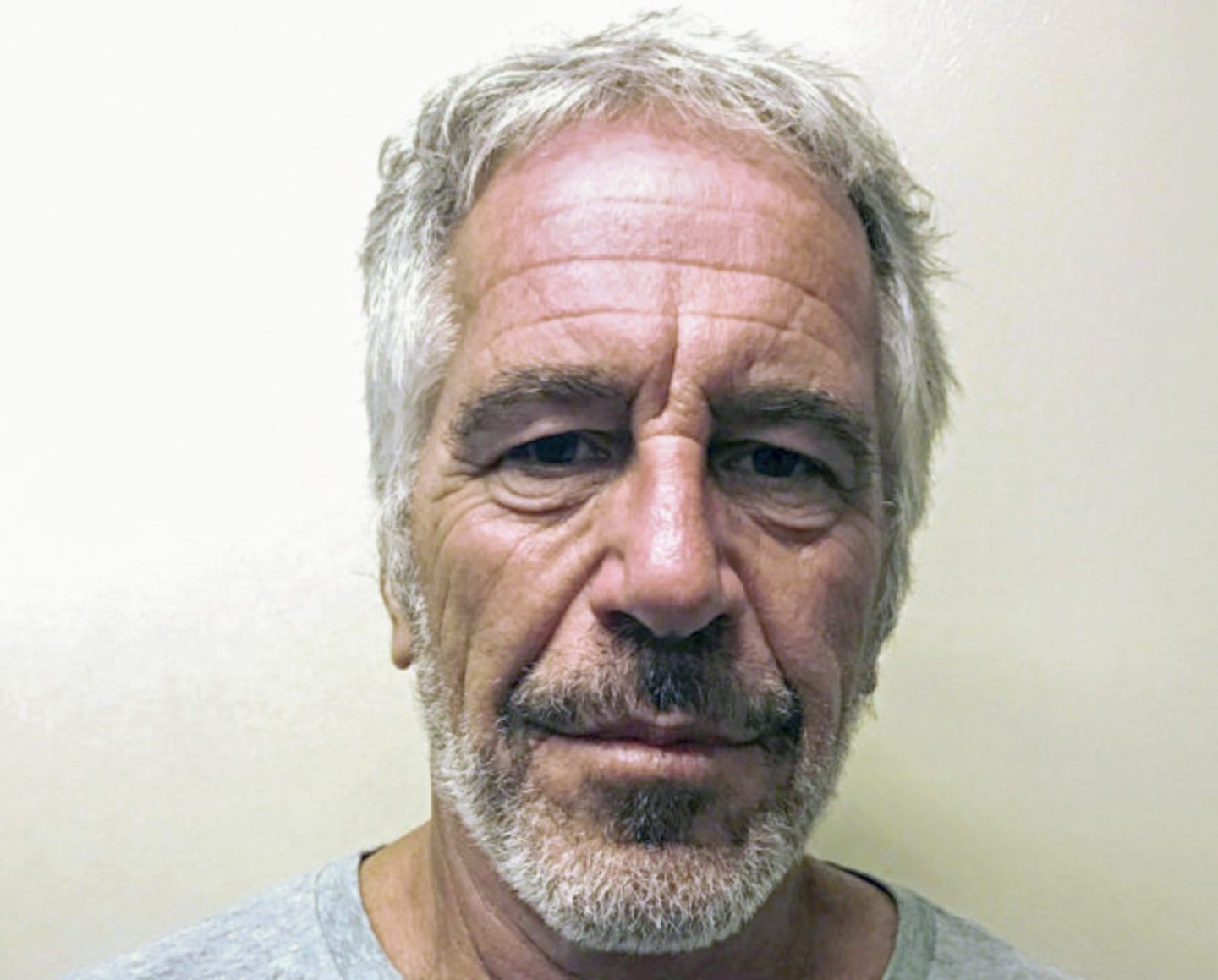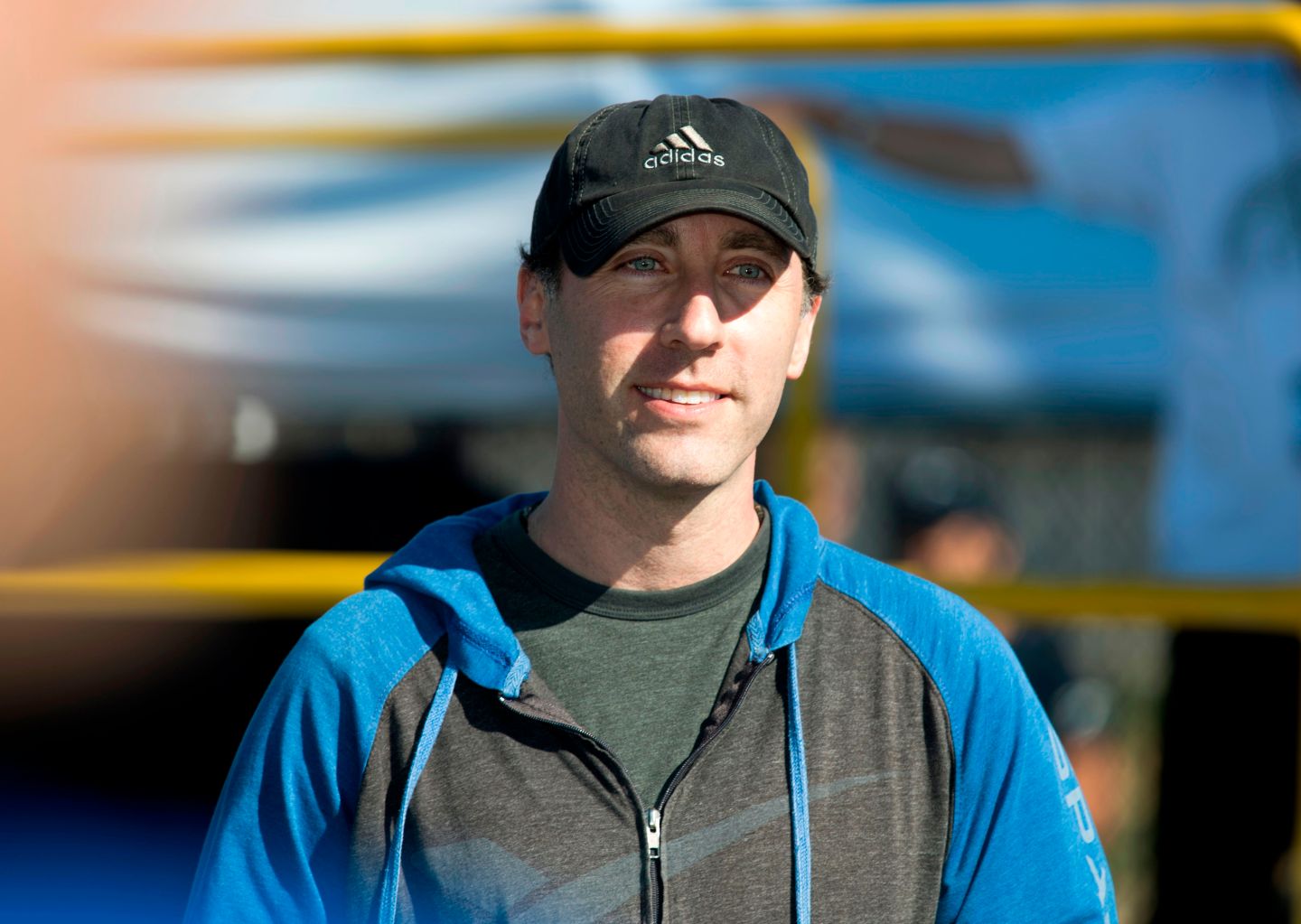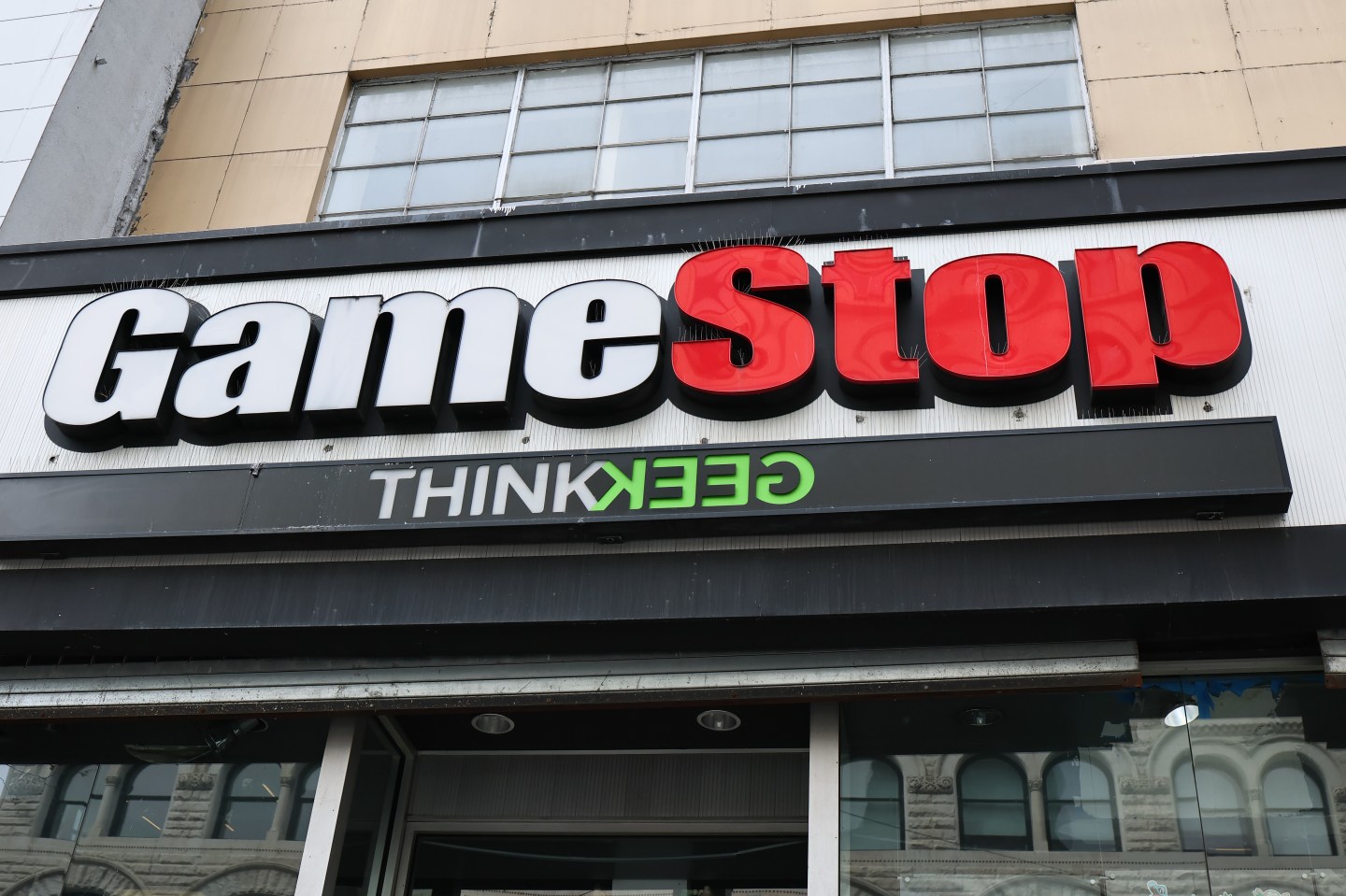Microsoft Corp., eager to boost downloads of its Copilot chatbot, has recruited some of the most popular influencers in America to push a message to young consumers that might be summed up as: Our AI assistant is as cool as ChatGPT.
Microsoft could use the help. The company recently said its family of Copilot assistants attracts 150 million active users each month. But OpenAI’s ChatGPT claims 800 million weekly active users, and Google’s Gemini boasts 650 million a month. Microsoft has an edge with corporate customers, thanks to a long history of selling them software and cloud services. But it has struggled to crack the consumer market — especially people under 30.
“We’re a challenger brand in this area, and we’re kind of up and coming,” Consumer Chief Marketing Officer Yusuf Mehdi said in an interview. Mehdi hopes to persuade key influencers to make Copilot their chatbot of choice and then use their popularity to market the assistant to their millions of followers. He says Microsoft is already getting more bang for the buck with influencers than with traditional media, but didn’t provide any metrics. Mehdi and the influencers mentioned in this story also declined to say how much they are being paid to promote Copilot.
Plenty of corporations have yoked their fortunes to influencers in recent years. Back in 2020, Dunkin’ Brands Group Inc. partnered with well-known figure Charli D’Amelio to launch a custom drink called “The Charli,” which she marketed to her millions of followers. Thousands of influencers routinely post about products sold on Amazon.com Inc.’s web store, and this month the company invited several online personalities to the Council of Fashion Designers of America awards in New York. Kim Kardashian, arguably the original influencer, has used her online fame to turn her Skims underwear and apparel company into a global mega brand.
Anindya Ghose, a marketing professor at New York University’s Stern School of Business, expressed surprised that Microsoft is using lifestyle influencers to market Copilot. But he can see why the company would be attracted to their cult followings. “Even if the perceived credibility of the influencer is not very high but the familiarity with the influencers is high, there are some people who would be willing to bite on that apple,” Ghose said in an interview.
He doubted Microsoft would continue with the program if it wasn’t getting traction. “So I’m fairly certain it’s working,” Ghose said. “The question is, can it be better? And my guess is in a few months they might switch to testing AI influencers to compare.”
data-srcyloadUsing non-techies as spokespeople is meant to reinforce Microsoft’s campaign to sell its chatbot as a life coach for everyone. Or as Consumer AI chief Mustafa Suleyman wrote in a recent essay, an AI companion that “helps you think, plan and dream.”
The company recently enlisted social media star Alix Earle, who became famous sharing personal details of her life in her popular Get Ready With Me videos. The 24-year-old New Jersey native has amassed a combined 12.6 million followers on her Instagram and TikTok accounts and parlayed that virality into a spot on the current season of Dancing With the Stars. In June, Earle appeared with Mehdi on a panel about influencing at the prestigious Cannes Lions International Festival of Creativity.
Earle and Microsoft brainstorm ideas together, but she’s free to ad lib. For example, on the way to a shoot in May, Earle asked Copilot how to appear younger because some of her followers had said she looks 40. The chatbot told her to “focus on a good skincare routine.” The video generated 15.4 million views on Earle’s TikTok, almost twice the number of people who follow her on the social media app. She captioned the video, “Copilot is my mentor & therapist” with the hashtag #copilotpartner.
Mehdi cited a video Earle posted about the new Copilot Groups feature as evidence that the campaign is working. “We can see very much people say, ‘Oh, I’m gonna go try that,’ and we can see the usage it’s driving.” The video generated 1.9 million views on Earle’s Instagram account and 7 million on her TikTok. Earle declined to comment for this story.
Brigette and Danielle Pheloung are the first to acknowledge that they are unlikely spokespeople for Copilot. The 28-year-old twin sisters have attracted a combined 3.4 million followers on Instagram and TikTok with videos about fashion and beauty. “Who would have thought that a girl who was getting thousands of views on hair rollers is now promoting AI through Microsoft Copilot,” Brigette said in an interview. “It’s crazy.”
To get women aged 18 to 34 interested in the chatbot, the Pheloungs recently asked Copilot to help them create ’70s and ’80s themed outfits for New York Fashion Week. Following the bot’s suggestions, the twins dressed in their best impressions of late 20th-century attire. No homage to the 1980s would be complete without shoulder pads, and Copilot suggested that Danielle stuff socks into her shirt to create the desired effect.
Several TikTok users responded enthusiastically to the video: “copilot is the bessstttt,” one said. “Just downloaded. We could have used this in school,” said another.
While watching these videos, it can be easy to lose sight of the fact that the Copilot brand is most familiar to office workers, who use it to organize huge amounts of information, summarize conference calls and fetch information they might previously have found with Google. But that’s not really the point of this campaign. “The whole idea about Copilot is really about empowering you to be the best you,” Mehdi said.
Brandon Edelman, who goes by Bran Flakezz online and has 1.7 million followers on Instagram and TikTok, filmed professional videos with the Copilot team in Los Angeles. In them, he chats with Copilot about such relatable topics as dating, planning a trip and how to get over imposter syndrome. Most of the videos were posted on Copilot’s own TikTok account, which has a relatively meager 176,000 followers.
In one, Edelman asks Copilot a series of questions, including: “If I were to, you know, croak, would I still have to pay off my credit card bills?” Copilot came back with a definitive, “Yes, debts don’t disappear.” Microsoft captioned the post on TikTok, “With Copilot, there’s no such thing as a cringe question.”
So far, the company’s Copilot influencer campaign has attracted big names and generated hundreds of millions of views. The question is whether it will help Microsoft narrow the usage chasm between Copilot and ChatGPT. Gartner analyst Jason Wong is skeptical. “It’d be hard-pressed for them to surpass the consumer ChatGPT at this point,” he said.
